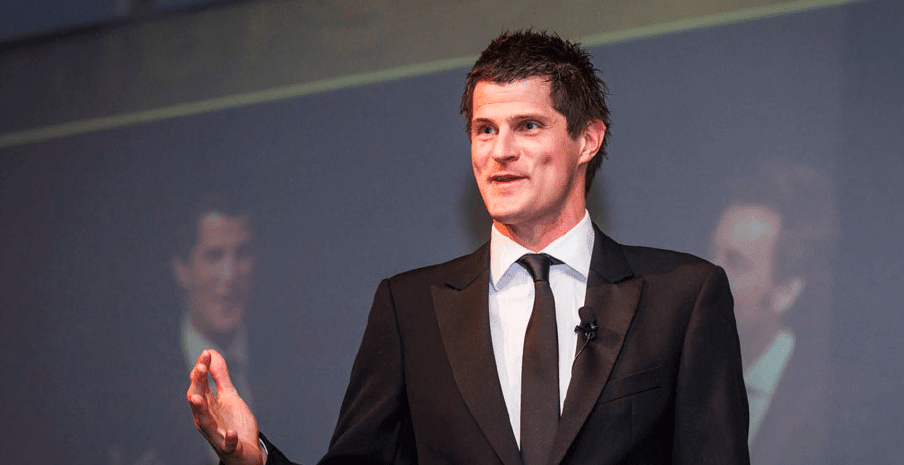 It’s been a while since the 2500 year-old Hippocratic Oath underwent a major revision. The last one was in 1964.
It’s been a while since the 2500 year-old Hippocratic Oath underwent a major revision. The last one was in 1964.
But earlier this month, the World Medical Association voted unanimously to amend the venerable declaration to include a statement underscoring the need for physicians to take care of their own health with the same acumen and attention they apply to their patients.
The new clause, authored by a Queenstown New Zealand physician named Sam Hazledine, states: “I will attend to my own health, well-being and abilities in order to provide care of the highest standard.”
Hazledine–a physician, entrepreneur, and professional skiier– says his objective is to draw attention to the reality that burnout, depression, addiction, and physical illness are very common among physicians worldwide, and they are extremely detrimental to the quality and efficacy of patient care.
“This might just seem like small words, but they signify a course-correction for our profession,” Hazledine told the New Zealand Herald. “It’s not that we have de-prioritised our patients, it’s that we have now acknowledged one of the most important components  to serve them.”
to serve them.”
The WMA, a sort of “United Nations” of medicine, is comprised of 112 medical organizations worldwide which collectively represent more than 10 million physicians.
At its 68th General Assembly in Chicago, delegates enthusiastically embraced Dr. Hazledine’s proposal, and voted to add the self-care clause to the Declaration of Geneva–the modern, secular version of the Hippocratic Oath.
The Oath is used in medical schools worldwide. In some countries it is legally binding, though this is not the case in the US. But for many, if not most physicians, it stands as it has for millennia as the profession’s ethical map and compass.
WMA president, Dr. Yoshitake Yokokura says the move reflects the fact that “the life of physicians today is completely different to what it was in 1948 when the original Declaration of Geneva was adopted.” That’s to say nothing of the vast difference between now and Hippocrates’ era!
The revision is a symbolic though important step in empowering clinicians to challenge a sick-care system that is not only abusive to patients but to practitioners as well.
END







